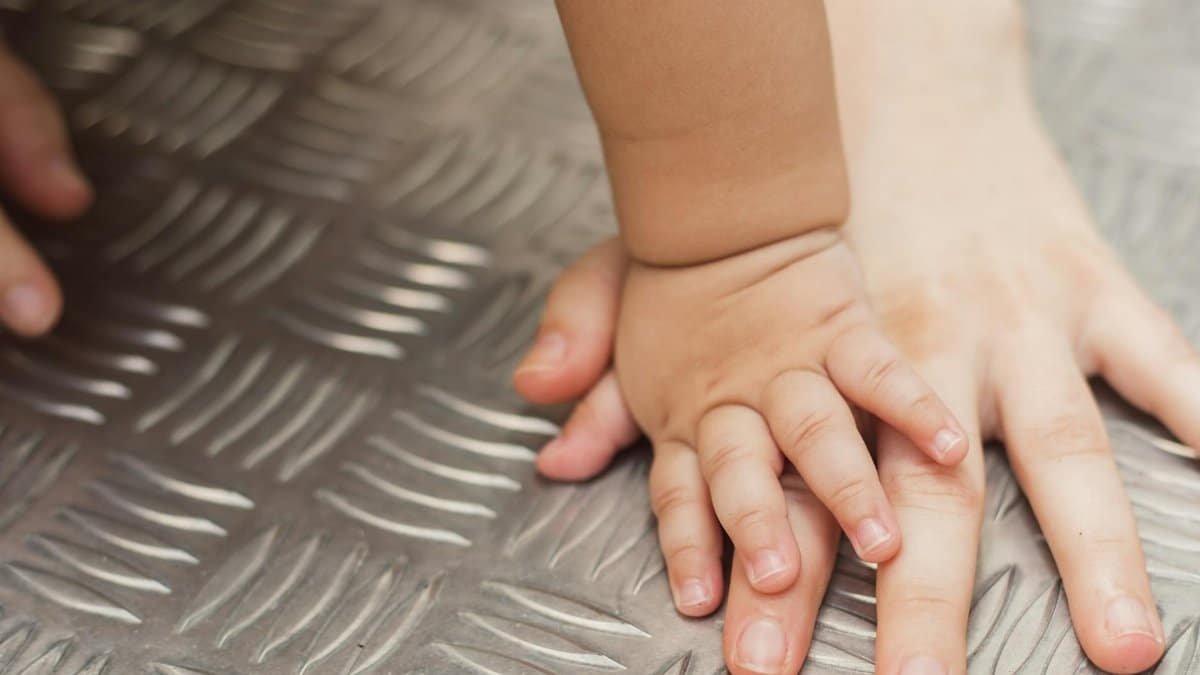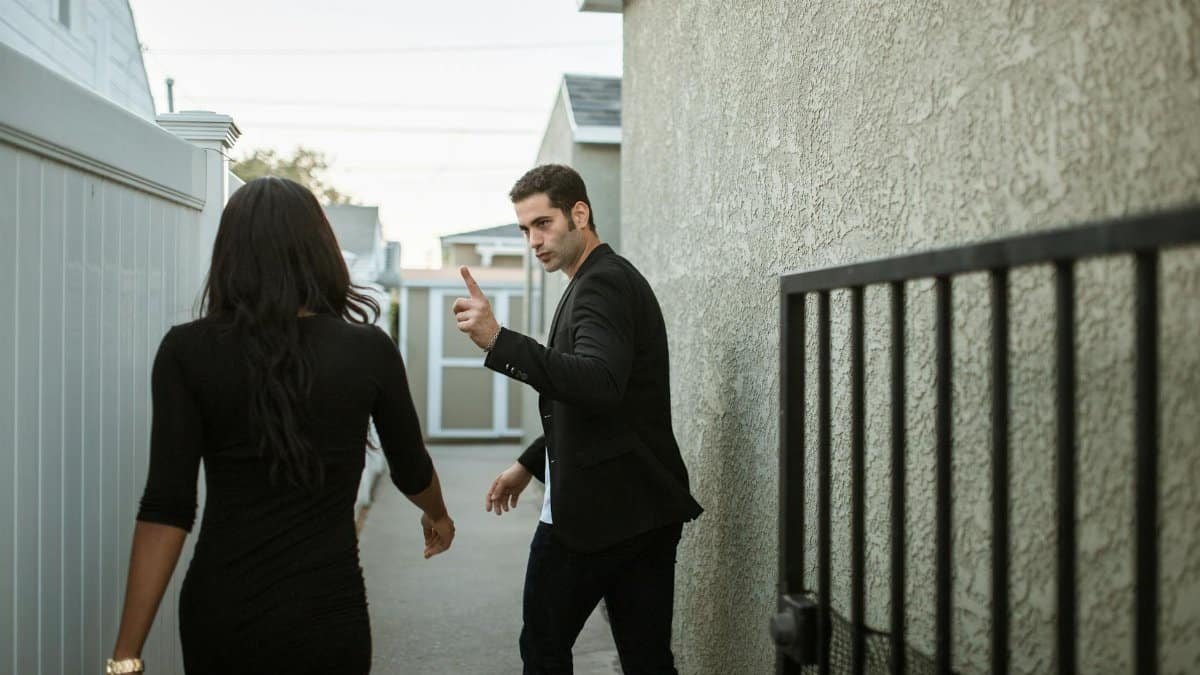A recent study from the American Psychological Association found that nearly 40% of U.S. adults report feeling emotionally unbalanced due to strained relationships, a figure that’s climbed steadily over the past decade. This statistic underscores a growing crisis in how we connect with others and ourselves. Amid the hustle of modern life, many are turning to relationship mastery as a potential antidote. But what does that really mean? At its core, relationship mastery involves cultivating deeper, more intentional bonds that foster stability and peace. It’s not just about romantic partnerships; it extends to friendships, family ties, and even our inner dialogue. As more Americans grapple with isolation and stress, mastering these connections could be the key to unlocking true emotional balance. This approach promises not only resilience but also a profound sense of joy in everyday interactions.
The Foundations of Relationship Mastery

Relationship mastery starts with understanding its basic building blocks. Think of it as a skill set honed over time, much like learning a craft. Experts emphasize self-reflection as the cornerstone. Without knowing your own triggers and patterns, building healthy connections becomes nearly impossible.
Consider Sarah, a midwestern teacher in her 40s. She always found herself in cycles of conflict with colleagues. One day, she paused to journal about her reactions. That simple act revealed old insecurities fueling her responses. Stories like hers show how awareness shifts dynamics. It’s not magic; it’s deliberate practice.
Research backs this up. A study published in the Journal of Personality and Social Psychology highlights how self-awareness correlates with stronger relationships.American Psychological Association’s Journal of Personality and Social Psychology details findings from longitudinal data, showing participants who engaged in reflective exercises reported 25% higher satisfaction in their bonds after a year. This isn’t abstract theory. It’s grounded in how our brains process empathy and vulnerability.
Yet foundations aren’t built overnight. They require consistency. Start small, perhaps by setting aside ten minutes daily for introspection. Over time, this lays the groundwork for more balanced emotional landscapes.
Why Emotional Balance Depends on Strong Connections

Emotional balance isn’t an isolated pursuit. It thrives in the web of our relationships. When bonds falter, so does our inner equilibrium. Loneliness, for instance, acts like a slow erosion, chipping away at mental well-being.
Picture a bustling New York coffee shop where two old friends reunite. Their laughter fills the air, easing the weight of daily stresses. Such moments illustrate the power of connection. But what happens when those ties weaken? Studies show it leads to heightened anxiety and depression.
According to the National Institutes of Health, strong social networks buffer against emotional distress. Their research, accessible through NIMH’s Depression Resources, indicates that individuals with robust relationships experience 30% fewer symptoms of emotional imbalance during tough times. This link isn’t coincidental. Relationships provide validation and perspective, essential for stability.
Still, not all connections serve this purpose. Toxic ones can tip the scales toward chaos. The key lies in discernment, choosing interactions that nourish rather than drain. In a nation where remote work has isolated many, prioritizing quality over quantity becomes crucial.
Common Challenges in Mastering Relationships

Mastering relationships isn’t without hurdles. Many stumble on communication barriers. Words get twisted, intentions misread. It’s a universal snag, amplified in our digital age.
One anonymous account shared publicly online described the frustration: feeling unheard in a long-term marriage, leading to resentment that built like unspoken walls. Such experiences resonate widely, highlighting how unaddressed issues fester.
Another challenge is boundary-setting. People-pleasers often overextend, sacrificing their own balance. A Pew Research Center survey reveals that 45% of Americans struggle with saying no, contributing to burnout. Details from Pew Research Center’s Social Trends paint a picture of a society grappling with these dynamics amid evolving work-life demands.
External pressures add layers. Economic stress or cultural expectations can strain ties. Yet recognizing these obstacles is the first step. By naming them, we begin to navigate around them, turning potential pitfalls into opportunities for growth.
Practical Strategies for Building Mastery

Dive right into action with strategies that work. Active listening tops the list. It means fully engaging, not just waiting to speak. Try it in your next conversation; the difference is palpable.
Then there’s vulnerability practice. Sharing authentically builds trust. Brené Brown’s work, though popularized, stems from solid research. Her findings, summarized in resources from the University of Houston, show vulnerability fosters deeper connections. Explore more at Brené Brown’s Official Site, which links to her studies on shame and empathy.
Incorporate routines like weekly check-ins with loved ones. These aren’t formal meetings but casual talks to align on feelings. For families, this might mean dinner discussions without devices. The goal? Prevent small issues from snowballing.
Adapt these to your life. If you’re single, focus on self-relationship mastery through affirmations or therapy. Flexibility ensures these tools fit diverse situations, promoting emotional steadiness across the board.
The Role of Self-Awareness in Relationship Dynamics

Self-awareness acts as the mirror in relationship mastery. It reflects back our blind spots. Without it, we repeat mistakes, wondering why patterns persist.
Take a moment from a group therapy session in Chicago. Participants shared how recognizing personal biases changed their interactions. One man realized his defensiveness stemmed from childhood experiences. That insight transformed his marriage.
Psychological studies affirm this. The Harvard Grant Study, tracking lives over decades, found self-aware individuals maintain healthier relationships long-term. Insights from Harvard’s Adult Development Study reveal that emotional intelligence, a byproduct of awareness, predicts relational success more than IQ.
Building this isn’t complex. Mindfulness apps or journaling suffice. The payoff? A calmer emotional core, less reactive to external chaos. In 2025, with rising mental health awareness, such practices are gaining traction among middle-aged professionals seeking balance.
Impact on Daily Life and Well-Being

Relationship mastery ripples into everyday routines. Mornings feel lighter when home tensions ease. Workdays improve with supportive colleagues.
Imagine a parent navigating teen rebellion. Through mastery techniques, they respond with empathy instead of anger. The household shifts from conflict to understanding, boosting everyone’s mood.
Broadly, it enhances well-being. CDC data links strong relationships to lower stress hormone levels. Their reports on social determinants of health, found at CDC’s Social Determinants of Health, emphasize how connections influence overall health outcomes.
Yet the impact varies. In urban settings, where isolation is common, mastery offers a lifeline. Rural areas might focus on community bonds. Regardless, it cultivates purpose, turning ordinary days into sources of joy.
Overcoming Setbacks and Sustaining Progress

Setbacks are inevitable. A heated argument or betrayal can derail efforts. But resilience defines mastery.
Recovery starts with forgiveness, both self and others. It’s not about forgetting but learning. One woman’s story: after a friendship ended badly, she reflected, then rebuilt with clearer boundaries. Her emotional balance returned stronger.
Support systems help. Therapy or groups provide tools. The Substance Abuse and Mental Health Services Administration notes that relational therapies reduce recurrence of emotional issues. Access their resources via SAMHSA’s National Helpline.
Sustain progress through habits. Regular reviews of relationships keep them healthy. In a fast-paced world, this ongoing effort ensures lasting equilibrium.
Integrating Mastery into Broader Life Goals

Relationship mastery isn’t standalone. It intersects with career, health, and spirituality. Aligning it with goals amplifies benefits.
For instance, in professional settings, mastered relationships lead to better teamwork. A study from Gallup shows high-engagement teams have stronger interpersonal dynamics. Their workplace analytics, available at Gallup’s Workplace Insights, quantify how this boosts productivity and satisfaction.
On a personal level, it ties into inner peace. Spiritual practices often emphasize compassionate connections. As Americans in 2025 explore holistic well-being, weaving mastery into daily aspirations creates a harmonious life tapestry.
Real-World Applications and Success Stories

Success stories abound. A couple in California, on the brink of divorce, attended workshops on mastery. Months later, they reported renewed intimacy and balance.
Communities benefit too. Neighborhood groups fostering open dialogue see reduced conflicts. These applications show mastery scales from personal to societal levels.
Ultimately, it’s about intentional living. By applying these principles, emotional balance becomes not just attainable, but sustainable.
